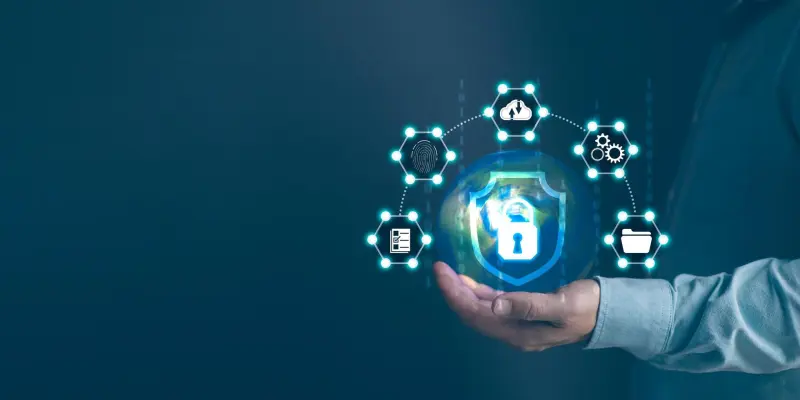The proliferation of Internet of Things (IoT) devices has reshaped daily lives, providing increased convenience and connectivity. These smart devices, ranging from household appliances and wearable gadgets to industrial machines, share data seamlessly, creating an interconnected world. However, this remarkable growth comes with significant security risks. Many IoT devices lack robust security features, rendering them susceptible to exploitation by cybercriminals. Hackers are increasingly using infected devices as proxies for illegal activities, such as launching cyberattacks and data breaches. As IoT continues to expand, with the number of connected devices set to rise dramatically, ensuring their security has become a critical concern. Addressing this challenge will require coordinated efforts among manufacturers, users, and regulators to bolster security measures and mitigate threats effectively.
Evolving Security Threats and Challenges
In the rapidly advancing digital landscape, IoT security threats have become more sophisticated and widespread. Cybercriminals exploit vulnerabilities in device software and network protocols to infiltrate these interconnected networks. This results in vast criminal proxy networks capable of executing complex cyberattacks. The absence of standardized security protocols exacerbates the problem, making it easier for malicious actors to exploit these weaknesses. The demand for improved security is heightened by the exponential growth of IoT devices, from smart thermostats and fitness trackers to industrial sensors. These devices often store sensitive information, and their compromise could lead to severe data breaches and financial losses. The absence of uniform security standards across the industry poses additional challenges. It becomes crucial to innovate and enforce stringent security measures as the IoT landscape continues to grow.
Pathways to Enhanced IoT Security
The task of securing IoT devices requires a multifaceted approach involving manufacturers, consumers, and policymakers. Manufacturers must prioritize secure coding practices and implement regular software updates to fix potential vulnerabilities. Regulatory bodies are also urged to establish comprehensive security guidelines and standards that hold manufacturers accountable for device security. Meanwhile, user-awareness initiatives can help educate consumers about securing IoT devices and the importance of updates and password management. Collaboration among stakeholders can lead to significant advancements in the IoT security architecture, protecting both personal data and business operations. Implementing these measures can transform the IoT environment, ensuring a safer and more reliable network. Therefore, a proactive stance in fortifying IoT security is essential to prevent criminal exploitation and foster a resilient digital ecosystem.

